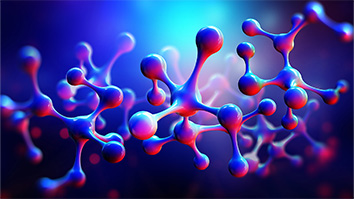Citation
Smith, J. P., diSessa, A. A., & Roschelle, J. (1993). Misconceptions reconceived: A constructivist analysis of knowledge in transition. Journal of the Learning Sciences, 3 (2), 115-163.
Abstract
This article uses a critical evaluation of research on student misconceptions in science and mathematics to articulate a constructivist view of learning in which student conceptions play productive roles in the acquisition of expertise. We acknowledge and build on the empirical results of misconceptions research but question accompanying views of the character, origins, and growth of students conceptions. Students have often been viewed as holding flawed ideas that are strongly held, that interfere with learning, and that instruction must confront and replace. We argue that this view over emphasizes the discontinuity between students and expert scientists and mathematicians, making the acquisition of expertise difficult to conceptualize. It also conflicts with the basic premise of constructivism: that students build more advanced knowledge from prior understandings. Using case analysis, we dispute some commonly cited dimensions of discontinuity and identify important continuity that were previously ignored or under emphasized. We highlight elements of knowledge that serve both novices and experts, albeit in different contexts and under different conditions. We provide an initial sketch of a constructivist theory of learning that interprets students prior conceptions as resources for cognitive growth within a complex Systems view of knowledge. This theoretical perspective aims to characterize the inter-relationships among diverse knowledge elements rather than identify a particular flawed conceptions; it emphasizes knowledge refinement and re-organization, rather than replacement, as primary metaphors for learning; and it provides a framework for understanding misconceptions as both flawed and productive.


